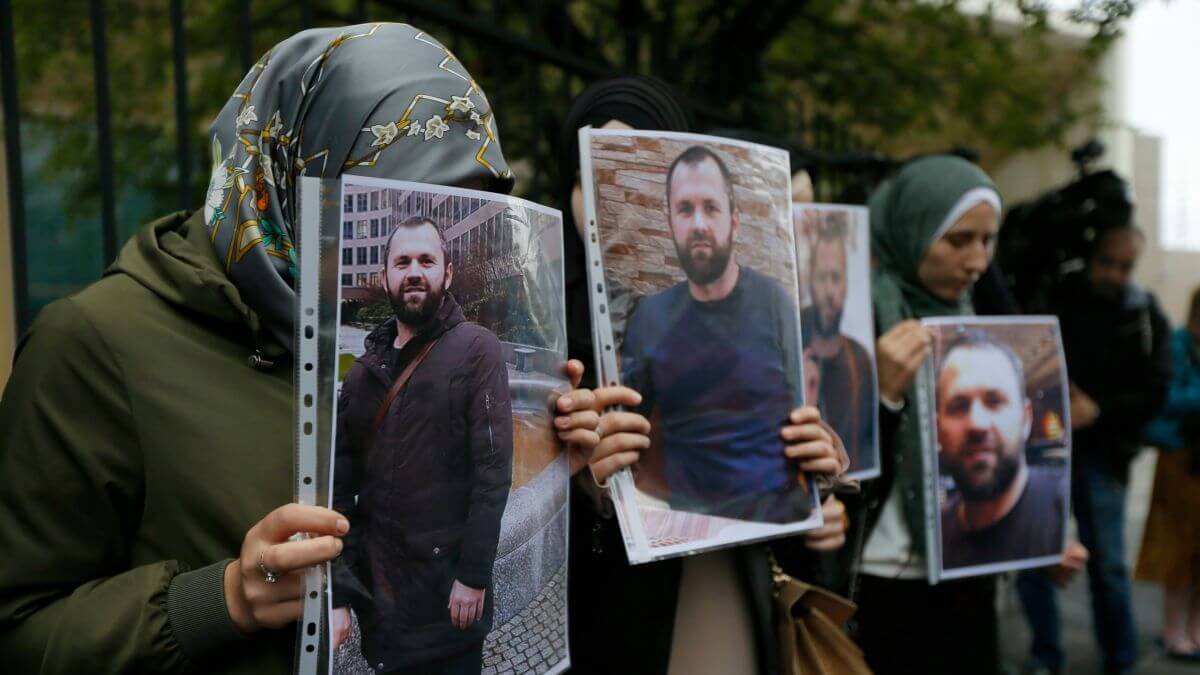In another blow to the Russia-Germany relations, German prosecutors have accused Russian “government agencies” of ordering the assassination of Tornike Kavtarashvili, a Georgia national who had been living in Germany as an asylum-seeker since 2016. The report says that the accused in the murder trial was acting on a “government order to kill” either due to promises of financial remuneration or because the accused shared the motive “to kill a political opponent”.
In response, a local news agency reported that Russia intends to retaliate if any action is taken against Russia in pursuance of the killing of Tornike K. Responding to the charges, Sergei Nechayev, Russia’s ambassador in Germany, denied any involvement of Russian authorities. Through a post on Facebook, he said, “We consider the allegations issued against Russian state structure as groundless and unfounded.”
Heiko Mass, the German Foreign Minister, said, “We once again invited the Russian ambassador for a meeting at the foreign ministry today to make out position unmistakably clear again to the Russian side, and the Germany government expressly reserves the right to take further measures in this case. This is certainly an exceptionally serious matter, and so from the German government’s point of view it is imperative that this matter be cleared by comprehensively by judicial authorities and the courts.”
The victim was killed in a park and was shot three times, once in the torso and twice in the head. The assassination was allegedly a government ploy for vengeance because of the involvement of the victim in anti-Russia forces during the second Chechen war. German prosecutors claim that the victim was ordered to assemble a unit to defend the South Ossetia region in 2008 by the Georgian government. Due to the Russian-Georgian peace treaty, the assembled force was never deployed. However, Russia identifies the victim as a member of the extremist organisation called Caucasus Emirate.
This, however, is not the first allegation that Germany has floated against Russia. In May, German Chancellor Angela Merkel issued a scathing rebuke of the “outrageous” cyberattack by Russian military intelligence on the German parliament in 2015 after she claimed to have obtained “hard evidence” of Russian interference. Russia is also accused of meddling in the 2016 US presidential election and carrying out cyberattacks against other Western nations and institutions.
Also Read: Germany Obtains “Hard Evidence” That Russia Hacked Parliament in 2015
These incidences have not only harmed Russian-German relations, but also Russia’s relations with the European Union (EU) at large. In fact, signs of cracks in the diplomatic relations between the two have been apparent for a while now. In March, an EU report claimed that Russia has been pursuing a “significant disinformation campaign” during the ongoing coronavirus pandemic to aggravate the public health crisis in Western countries. The document states that pro-Kremlin media outlets have aimed to undermine public trust in western healthcare systems, and disseminated fake news online in English, French, Spanish, Italian, and German. These disinformation campaigns spread the erroneous theory that the coronavirus is a biological weapon deployed by China, the US, or the UK. Other conspiracy theories contend that the outbreak was caused by migrants or that it is a hoax.
Also Read: EU Claims Russia is Spreading COVID-19 Disinformation to Sow Panic in the West
Image Source: CNN

